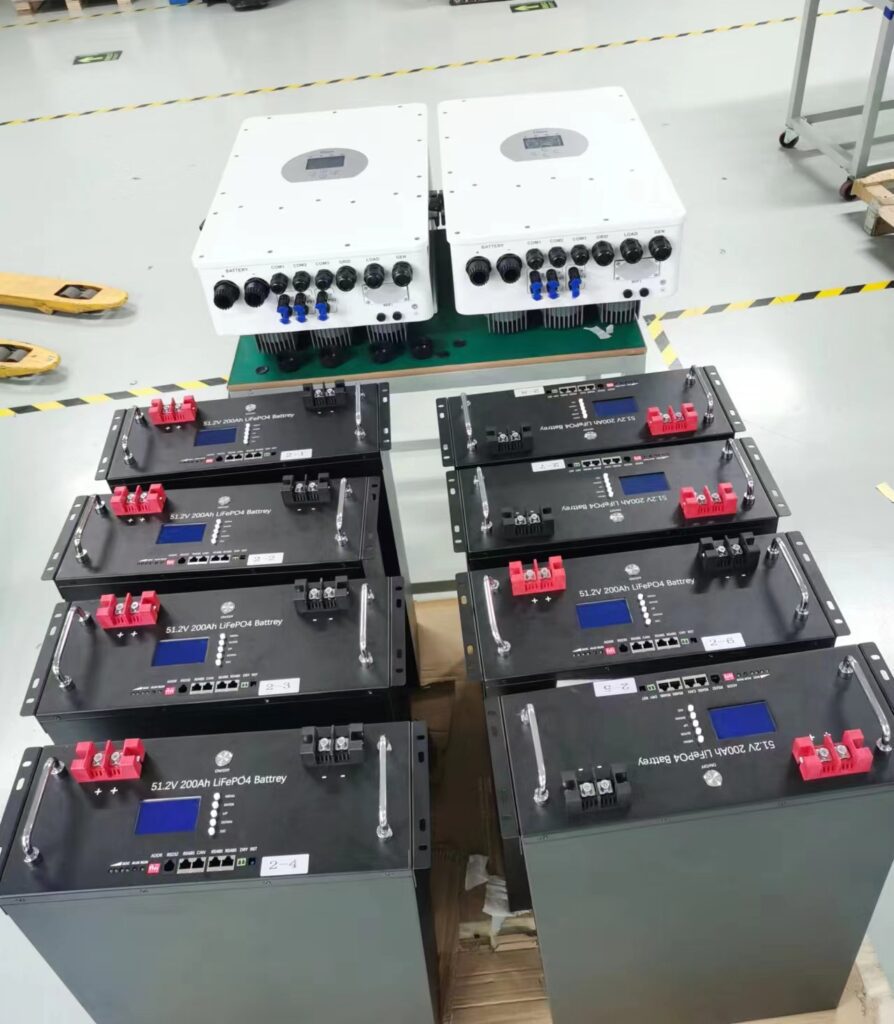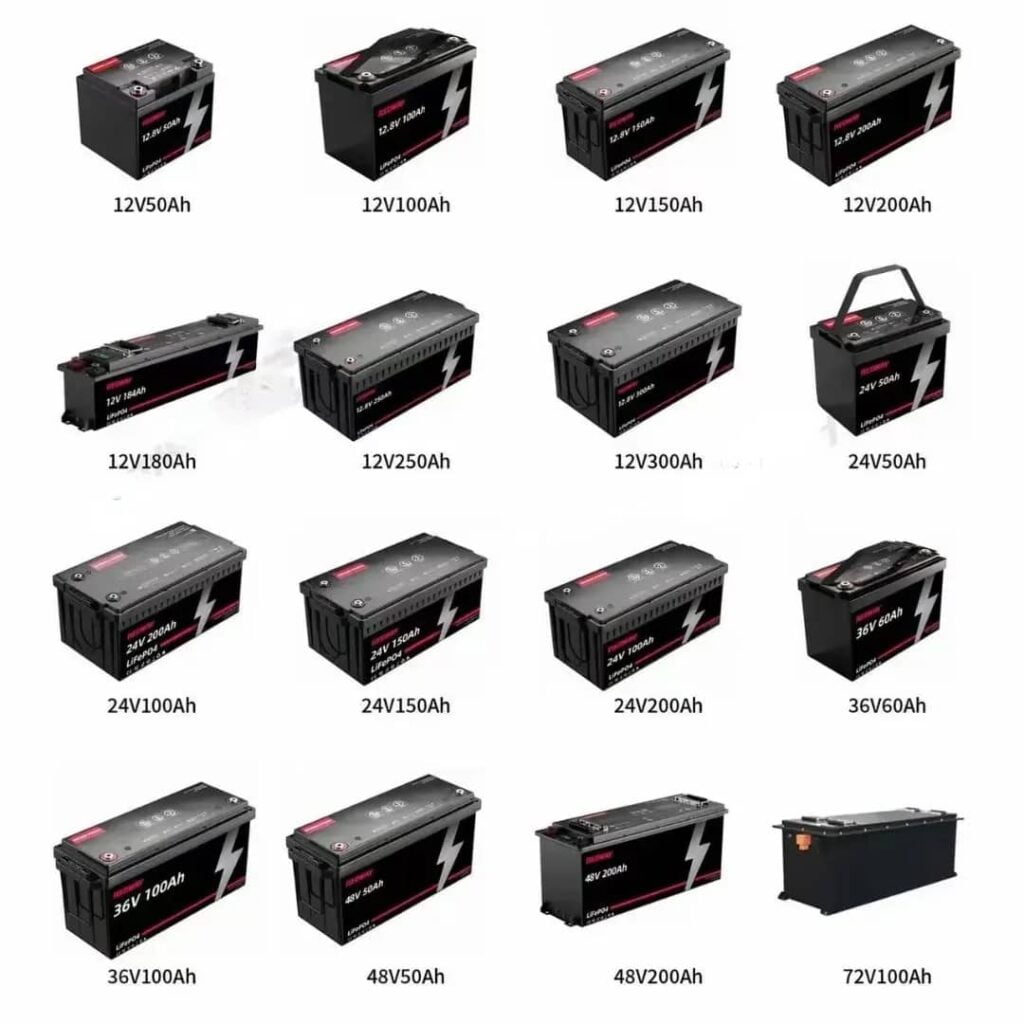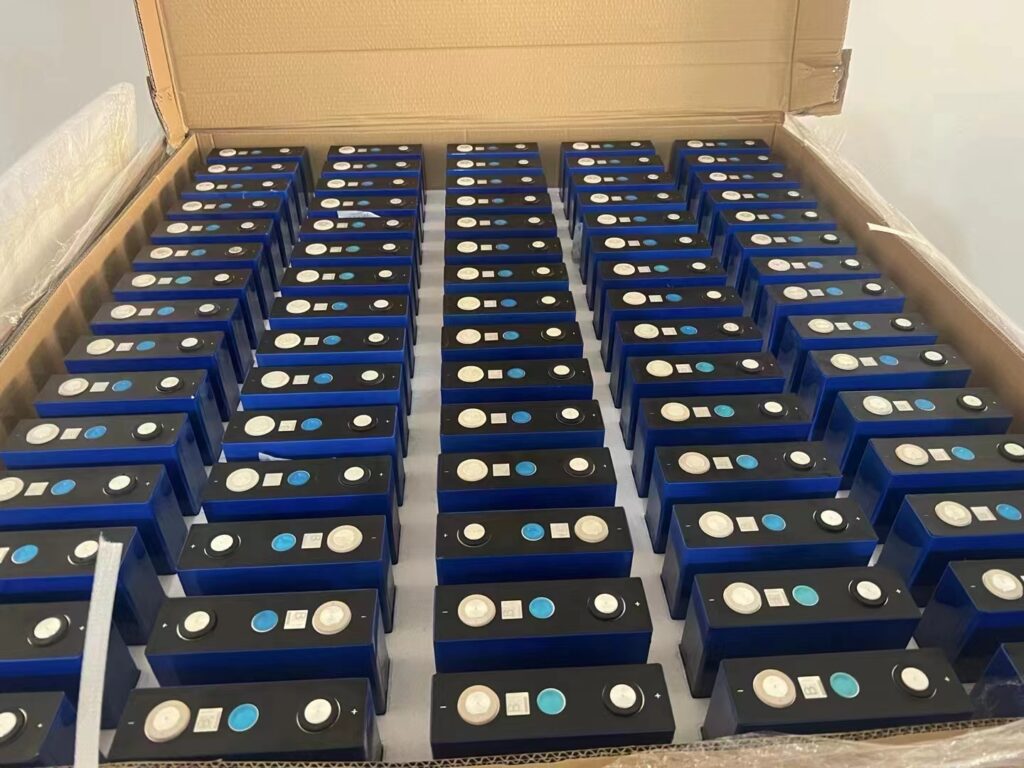Solar energy is becoming very popular in Pakistan as more people look for ways to save on electricity bills and protect the environment. A key part of a solar energy system are the types of Solar Batteries, which store the energy produced by solar panels for use when the sun isn’t shining.
Choosing the right battery can be confusing because there are different types available, each with its own pros and cons. This guide will help you understand the main types of batteries for solar panels in Pakistan so you can make the best choice for your needs.
Table of Contents
Importance of a Good Battery with a Solar Panel System
Choosing the right battery is crucial for maximizing the benefits of a solar panel system in Pakistan. A good battery serves as the backbone of the system, storing excess energy generated during sunny hours for use during cloudy days or at night when solar panels are not producing electricity. Here are several key reasons why a quality battery is essential:
Energy Storage Reliability:
A reliable battery ensures continuous access to stored solar energy, providing an uninterrupted power supply even when sunlight is not available.
Enhanced Energy Independence:
With a dependable battery, households and businesses can reduce reliance on the national grid, thereby mitigating the impact of power outages and rising electricity costs.
Optimal System Efficiency:
High-quality batteries optimize the efficiency of solar panel systems by efficiently storing and releasing energy, thereby maximizing overall energy production and usage.
Long-term Cost Savings:
While initial investment in a good battery may be higher, it offers long-term cost savings through reduced maintenance and replacement costs over its extended lifespan.
Environmental Benefits:
By utilizing stored solar energy, households, and businesses contribute to reducing carbon emissions and the environmental impact associated with conventional energy sources.
Types Of Solar Batteries In Pakistan
1. Lead-acid batteries
These Types of solar batteries are the traditional choice for storing solar energy in Pakistan. Among them, flooded lead-acid batteries are widely used. These batteries are known for being reliable and cost-effective. They have been around for a long time and can handle the diverse weather conditions in Pakistan well.

Flooded lead-acid batteries are cheaper to buy initially and can last a long time if you take good care of them. However, they need regular maintenance, like checking water levels and ensuring proper ventilation for safety. Despite needing care, they’re popular in Pakistan because they’re affordable and have a proven history in solar energy systems.
2. Lithium-Ion Batteries
Lithium-ion batteries are gaining popularity in Pakistan for solar energy storage. These batteries are known for their high efficiency and longer lifespan compared to lead-acid batteries. They are also maintenance-free, meaning you don’t have to check water levels or perform regular maintenance tasks.

This makes them convenient for solar energy systems, especially in areas where maintenance can be challenging. However, lithium-ion batteries are initially more expensive than lead-acid batteries. They also need to be protected from extreme temperatures to maintain their performance over time.
3. Nickel-Cadmium (Ni-Cd) Batteries
Nickel-cadmium batteries are another type used for solar energy storage in Pakistan, though they are less common than lead-acid and lithium-ion batteries. These batteries are known for their durability and ability to withstand extreme temperatures and frequent charging and discharging cycles.
They require less maintenance compared to lead-acid batteries and are considered reliable for long-term use in solar applications. However, one significant consideration with nickel-cadmium batteries is the environmental impact of cadmium, which is toxic and requires careful handling during disposal. Additionally, nickel-cadmium batteries can be more expensive than lead-acid batteries, which may influence their adoption in solar energy systems.
4. Flow Batteries
Flow batteries, such as Vanadium Redox Flow batteries, are an emerging technology used for storing solar energy in larger-scale applications in Pakistan. These batteries are known for their scalability and long lifespan, making them suitable for storing large amounts of energy generated by solar panels.
Flow batteries operate by storing energy in liquid electrolytes contained in tanks, allowing for flexibility in capacity and discharge rates. They are designed to last for many years with proper maintenance and can withstand frequent charge and discharge cycles effectively. However, flow batteries can be expensive to install initially and require a larger physical footprint compared to other battery types.
Price Of Solar Batteries:
The cost of these types of solar batteries in Pakistan varies depending on several factors such as type, capacity, brand, and technology. Generally, flooded lead-acid batteries are the most affordable option, with prices starting from around PKR 75,000 to PKR 150,000 for smaller residential systems with 4-5 hours of backup time. Sealed lead-acid batteries, including AGM and Gel variants, typically range from PKR 37,500 to PKR 80,000 offering maintenance-free options at a higher cost.

Lithium-ion batteries, known for their efficiency and durability, are more expensive, starting from PKR 75,000 and going up to PKR 150,000 or more for larger capacities. Nickel-cadmium batteries, though less common, fall within a similar price range as sealed lead-acid batteries. Being the Most premium battery, It costs around PKR550,000 to 1000000 PKR as per current prices.
When considering the cost of these types of solar batteries, it’s important to weigh the upfront investment against long-term savings and performance benefits. Choosing a battery that aligns with your energy needs and budget ensures efficient utilization of solar power while contributing to sustainable energy practices in Pakistan.
Conclusion
In conclusion, selecting the right types of solar batteries for your solar panel system in Pakistan is crucial for maximizing energy efficiency and reliability. Each type of battery, whether it’s the economical flooded lead-acid or the advanced lithium-ion, offers unique benefits suited to different energy needs and environmental conditions. By understanding the advantages and considerations of each type, homeowners and businesses can make informed decisions that align with their budgets, energy goals, and long-term sustainability aspirations.
Investing in a quality solar battery not only enhances energy independence but also contributes to a cleaner environment by reducing reliance on conventional energy sources. As Pakistan continues to embrace solar energy solutions, choosing the best battery ensures uninterrupted power supply and long-term cost savings. Whether you opt for affordability, durability, or high performance, the right battery choice will support your journey toward a more sustainable future.
FAQ:
1. What factors should I consider when choosing a solar battery in Pakistan?
Choosing a solar battery depends on factors such as your energy consumption, budget, space availability, and local weather conditions. Consider factors like battery lifespan, maintenance requirements, upfront cost, and compatibility with your solar panel system.
2. How long do solar batteries last in Pakistan?
The lifespan of these types of Solar Batteries varies depending on the type and usage. Lead-acid batteries typically last around 5 to 15 years, while lithium-ion batteries can last 10 to 20 years or more with proper maintenance.
3. Are there government incentives for installing solar batteries in Pakistan?
Yes, the government of Pakistan offers various incentives and subsidies to promote renewable energy adoption, including solar energy systems and batteries. Check with local authorities or renewable energy agencies for available incentives.
4. Can I expand my solar battery system in the future?
Yes, many solar battery systems are modular and can be expanded by adding more batteries to increase storage capacity. Ensure your solar inverter and charge controller are compatible with additional batteries.
5. How can I maintain my solar battery in Pakistan?
Regular maintenance is essential to prolong the lifespan and ensure optimal performance of your solar battery. Tasks include checking and maintaining proper electrolyte levels (for flooded lead-acid batteries), cleaning terminals, and ensuring adequate ventilation for safety.
6. What are the environmental benefits of using solar batteries in Pakistan?
Using solar batteries reduces reliance on fossil fuels, lowers carbon emissions, and helps mitigate environmental impact. By storing and using renewable energy, homeowners and businesses contribute to a cleaner and more sustainable energy future.
7. Are there specific safety considerations when installing solar batteries at home?
Ensure proper installation by certified professionals to prevent safety hazards. Follow manufacturer guidelines for battery installation, storage, and maintenance to minimize risks of electrical hazards and battery-related incidents.
8. What are the warranty terms for solar batteries in Pakistan?
Warranty terms vary by manufacturer and battery type. Check warranty coverage for defects, performance guarantees, and expected lifespan. Understand terms related to pro-rated warranties and conditions for replacement or repair.
Note:
If You have any queries,Please Contact us On Our LinkedIn Page
3 Responses